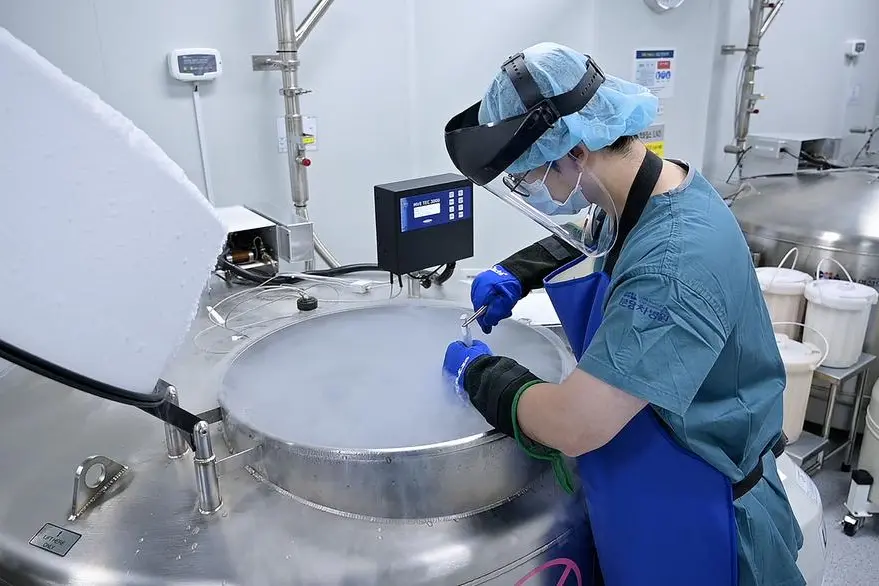PHOTO
Trainee doctors at South Korea's five biggest general hospitals announced Friday they would resign to protest medical training reforms, with the government warning of legal action over work stoppages.
South Korea says it has one of the lowest doctor-to-population ratios among developed countries, and the government is pushing hard to increase the number of doctors, partly to help a fast-ageing society.
But doctors have voiced fierce opposition to a new government plan to sharply raise medical school admissions, claiming it would hurt the quality of education and service provision. Critics say doctors are mainly concerned the reform could erode their salaries.
Under South Korean medical laws, doctors -- who are considered essential workers -- are restricted from mass work stoppages.
But the trainees say they will be tendering their resignations before walking off the job next week.
"After submitting our resignations by February 19th, we decided to stop working at the hospitals and leave... after 06:00 am on Tuesday, February 20th," Park Dan, the head of the Korea Interns and Residents Association, wrote on Facebook.
Local reports say the action involves around 2,300 people, or about 15 percent of all trainee doctors.
Concerns are rising as the country's general hospitals heavily rely on trainees for emergency operations and services.
The government has warned it will take "legal action" against trainees who don't show up.
"Individual orders for resuming their duties will be issued to trainee doctors who refuse to work, and corresponding legal action will be taken in cases of violation," Second Vice Health Minister Park Min-soo said Friday.
He also rejected as unfounded some doctors' claims that an increase in the number of practitioners would result in a "financial crisis" in health insurance.
"If the number of doctors increases, patients will have timely access to medical care within their local area, leading to cost savings in both medical and social aspects," he said.





















